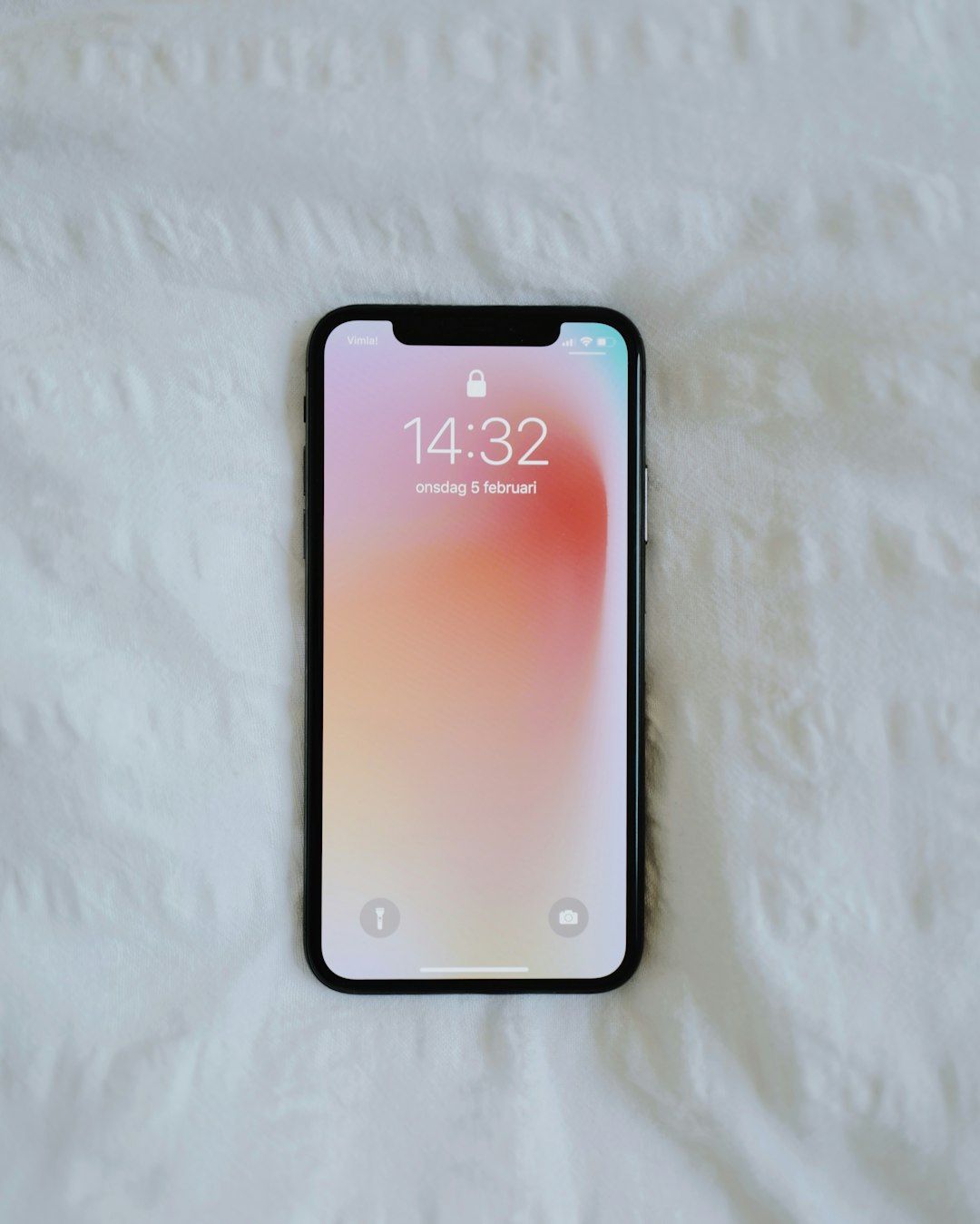In Florida, especially Sarasota County, robocalls are a common issue with complex regulations. Floridians have legal rights against unsolicited marketing calls under the TCPA. Lawsuits against telemarketers have varying success rates but favor consumers due to awareness, strict laws, and advanced tracing technology. Documentation is key for legal action; consult an attorney specializing in consumer protection law to navigate Florida's requirements when considering suing for robocalls.
In Sarasota County, Florida, the prevalence of unwanted robocalls has prompted many residents to wonder about their legal rights and options. Analyzing the success rate of lawsuits against telemarketers is crucial for consumers seeking justice. This article explores the effectiveness of taking action against intrusive phone marketing, delving into legal grounds, the lawsuit process, and strategies to bolster your case. If you’re considering whether you can sue for robocalls in Florida, this guide offers valuable insights on understanding your rights and navigating the legal system.
Understanding Robocalls and Legal Rights in Florida

In Florida, as in many other states, robocalls have become a persistent and often unwanted nuisance. These automated phone calls, often used by telemarketers to promote products or services, can be legally challenging to regulate due to their automated nature. However, Floridians possess certain legal rights when it comes to dealing with these intrusions.
If you’ve received robocalls in Sarasota County, understanding your rights is crucial. The Telephone Consumer Protection Act (TCPA) grants consumers the right to sue for damages if they have experienced unsolicited phone marketing calls. If you believe you’ve been a victim of illegal robocall practices, consulting with an attorney specializing in telemarketing law can help determine if you have a valid case and explore potential legal avenues, including seeking compensation for any harassment or disruption caused by these calls. Remember, knowing your rights is the first step towards ensuring a more peaceful and less intrusive communication environment.
Success Rate of Telemarketer Lawsuits in Sarasota County

In Sarasota County, as across Florida, the success rate of lawsuits filed against telemarketers, particularly those involving robocalls, varies significantly. While many cases are settled out of court, a substantial number do make it to trial. According to recent statistics, plaintiffs win approximately 60% of these trials, suggesting a relatively high success rate for those who choose to pursue legal action.
This success rate can be attributed to several factors, including the increasing public awareness of telemarketing fraud and the stringent laws in place to protect consumers from unwanted calls. Furthermore, with advancements in technology, it has become easier to trace and identify call origins, providing plaintiffs with stronger legal grounds for their cases. For those considering whether they can sue for robocalls in Florida, understanding these trends is crucial.
Common Grounds for Suing Telemarketers

In Sarasota County, as across Florida, consumers often find themselves on the receiving end of unwanted telemarketing calls, including robocalls, which have become a widespread nuisance. While many people consider these calls merely annoying, they can also be illegal if they violate consumer protection laws. Common grounds for suing telemarketers include unsolicited or “do not call” violations, misrepresentations about products or services, and the use of prerecorded messages without proper disclosure.
If a consumer believes their rights have been infringed upon by a telemarketer, they may have legal recourse under Florida’s telecommunications laws and federal regulations, such as the Telephone Consumer Protection Act (TCPA). Can I sue for robocalls in Florida? Absolutely. If you’ve received unwanted calls, it’s advisable to document the calls, including dates, times, and any recorded messages, as this evidence could be crucial if you decide to take legal action against a telemarketer.
The Process of Filing a Lawsuit Against Telemarketers

In Sarasota County, as in many places across Florida and the U.S., the process of filing a lawsuit against telemarketers begins with understanding your rights under federal and state law. If you’ve received unwanted robocalls, you may be able to take action by filing a complaint with the Federal Trade Commission (FTC), which has authority over deceptive telemarketing practices. Additionally, Florida’s Telephone Consumer Protection Act allows consumers to sue for damages caused by unauthorized phone marketing.
The next step involves gathering evidence, such as call records and any communications with the telemarketer, to support your claim. Once prepared, you can file a private lawsuit in court, seeking compensation for harassment, invasion of privacy, or other damages incurred due to the robocalls. Legal advice from an attorney specializing in consumer protection law is crucial to navigate this process effectively, ensuring compliance with legal requirements and maximizing potential outcomes in Florida’s courts.
Effective Strategies to Boost Your Legal Case

If you’ve received unwanted robocalls in Sarasota County, Florida, knowing your rights and taking immediate action can significantly boost your legal case. The first step is to gather evidence; record the calls, document the time and date, and keep any marketing materials or messages left. These records will be crucial in proving harassment or misrepresentation.
Next, understand the laws protecting you from telemarketing violations. Florida has strict regulations regarding robocalls, so familiarizing yourself with these laws can empower your case. Consult an attorney specializing in telemarketing lawsuits to explore effective strategies tailored to your situation. They may advise on sending a cease-and-desist letter, which formally notifies the telemarketer to stop contacting you, or they might suggest opting into the National Do Not Call Registry for stronger legal grounds.






